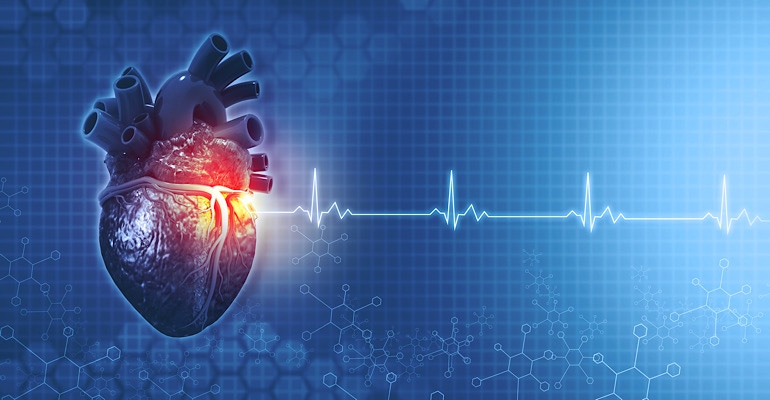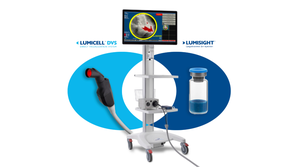The launch of the MCT platform puts VitalConnect in a league of its own.
May 23, 2021

When compared to other wearable providers, VitalConnect is in a ‘different category’ with the addition of its mobile cardiac telemetry offering.
The San Jose, CA-based company revealed the offering late last week saying it now is the only cardiac monitoring solution available with a flexible, programmable platform, covering multiple cardiac monitoring needs.
The VitalConnect system provides healthcare professionals full access to real-time patient information which is also analyzed by certified cardiac monitoring technicians through VitalConnect’s own independent diagnostic testing facility (IDTF).
The VitalPatch RTM uses a wireless low-energy Bluetooth connection to transfer clean, high-fidelity ECG signals to the secure VitalCloud during the monitoring period.
“We are now the only company that offers cardiac monitoring, that has a platform solution that encompasses all four modalities on one wearable,” Peter Van Haur, CEO of VitalConnect told MD+DI. “Our patch acts as a holter; it acts as an extended holter; it acts an event recorder; and it acts as a mobile cardiac telemetry system. The other vendors that offer the technology have to provide physicians’ offices or hospitals multiple devices for each of those different categories. We streamline everything into one simple patch and depending on the patient’s need we prescribe it as one of the four categories.”
VitalConnect found itself in a prominent position during the pandemic.
In April of 2020, VitalConnect earned an EUA from FDA for its VitalPatch to remotely monitor and detect QT interval changes in ECG for patients who are undergoing treatment in a hospital setting for COVID-19 with drugs that can prolong QT intervals.
And in November the company launched its VitalPatch RTM cardiac monitoring solution for patients who require extended Holter monitoring. It monitors for 21 cardiac arrhythmias through AI-based ECG analysis and captures vital signs data.
“COVID-19 put remote patient monitoring squarely on the map in terms of its importance,” Van Haur said. “It put VitalConnect in the conversation around how to monitor patients remotely from the hospital setting, whether that be COVID or otherwise.”
About the Author(s)
You May Also Like




